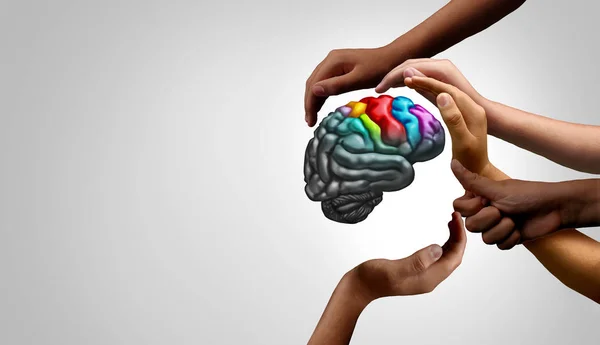Forgetting things now and then is part of life. But when memory loss starts to feel more frequent or frustrating, it can be worrying—and even isolating.
Let’s Normalize the Conversation
Memory loss isn’t something to hide or be ashamed of. It can affect people of all ages and often has treatable causes. Talking about it is the first step toward understanding and managing it.
Common Causes You Might Not Expect
- Dehydration – Even mild dehydration can affect concentration and memory.
- Lack of sleep – Your brain needs rest to store and organize memories.
- Medication side effects – Some prescriptions can impair cognitive function.
- Thyroid issues or vitamin deficiencies – Often overlooked, but common causes.
What You Can Do Today
If memory slips are becoming more common, start with simple steps:
- Write things down – Keep notes, lists, and calendars to stay organized.
- Create routines – Repetition helps form stronger memory pathways.
- Fuel your brain – Eat foods rich in omega-3s, antioxidants, and whole grains.
- Take breaks – Overworking your mind can lead to burnout and forgetfulness.
When to Ask for Help
If memory problems are worsening, persistent, or affecting your quality of life, talk to a doctor. Early evaluation can make a world of difference.
Remember, memory loss isn’t just an aging issue. It’s a health topic—and it’s okay to ask questions.
